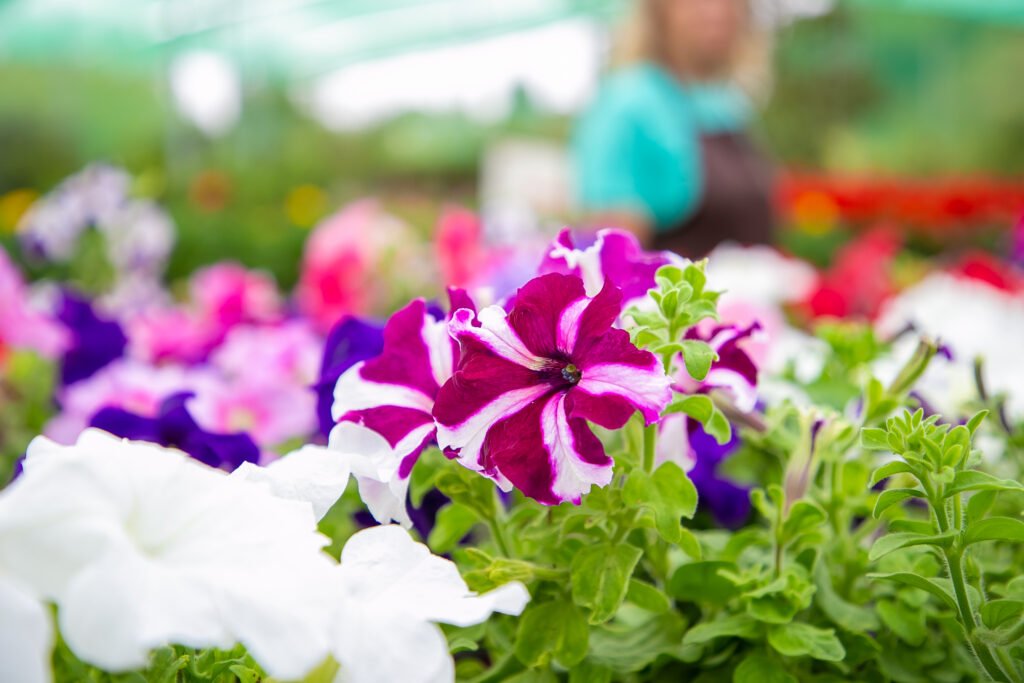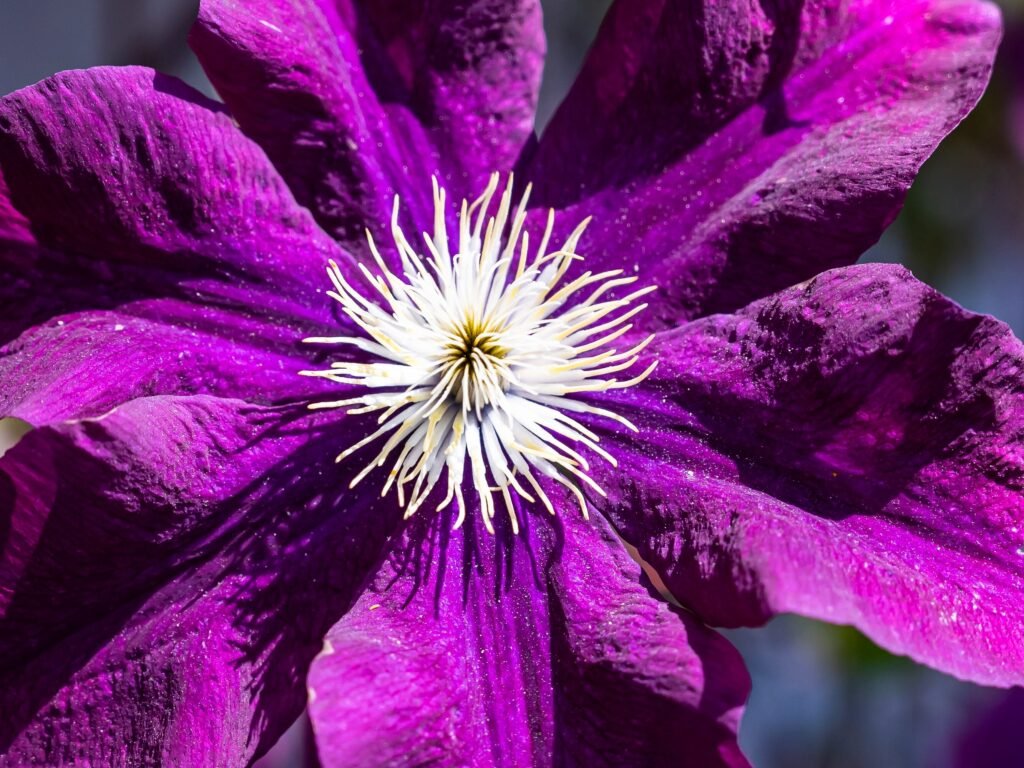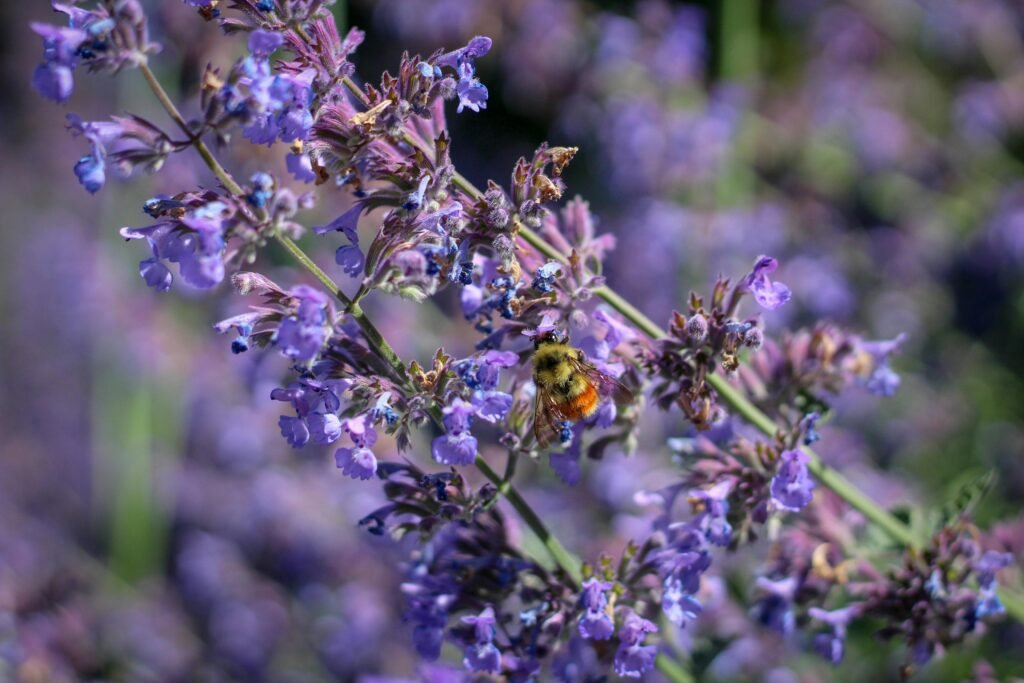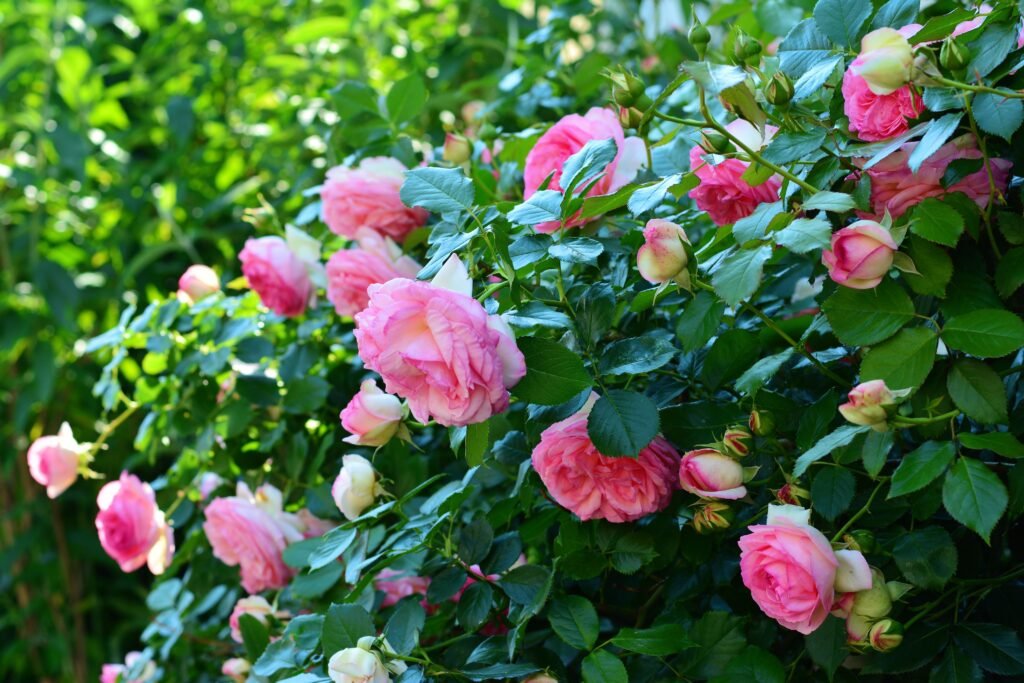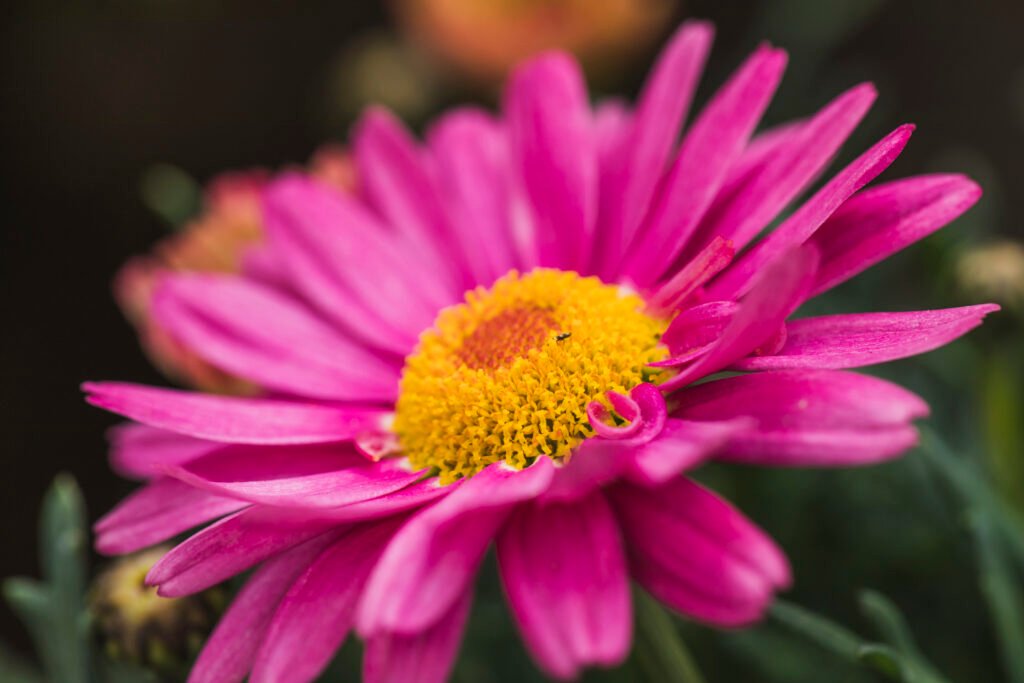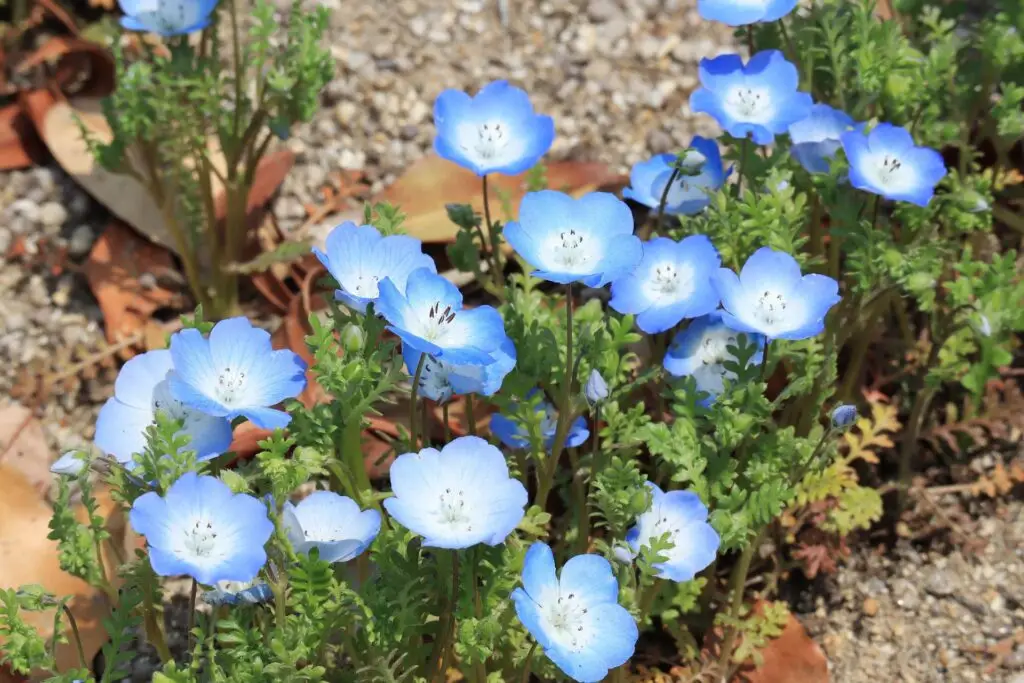Petunia Scientific Name And Family: Blooms Unveiled!
Petunias are beloved flowering plants that are popular for their vibrant colors and ability to brighten up any garden or outdoor space. These versatile plants come in a wide range of colors, shapes, and sizes, making them a favorite among gardeners and plant enthusiasts. In this article, we will explore the scientific name and family of petunias, shedding light on the botanical aspects of these beautiful flowers.
Scientific Name of Petunias
The scientific name of petunias is Petunia. This genus belongs to the family Solanaceae, which is also known as the nightshade family. The name “Petunia” is derived from the French word “petun,” which means tobacco. This is fitting as petunias are closely related to tobacco plants and share some botanical characteristics with them.
There are many different species and cultivars of petunias, each with its unique traits and characteristics. Some of the most common species of petunias include Petunia axillaris, Petunia integrifolia, and Petunia violacea. These species vary in flower color, size, and growth habits, providing a diverse range of options for gardeners to choose from.
The Solanaceae Family
The family Solanaceae, to which petunias belong, is a large and diverse family of flowering plants. It includes many well-known and economically important plants, such as tomatoes, potatoes, peppers, and eggplants. The Solanaceae family is known for its ornamental as well as edible plants, making it a significant group in the plant kingdom. (Encyclopedia Britannica – Petunia)
One of the distinctive features of plants in the Solanaceae family is the presence of alkaloids, which are chemical compounds that can have toxic or medicinal properties. Many plants in this family produce alkaloids as a defense mechanism against herbivores and pests. While some alkaloids are toxic to humans and animals, others have been used in traditional medicine for centuries.
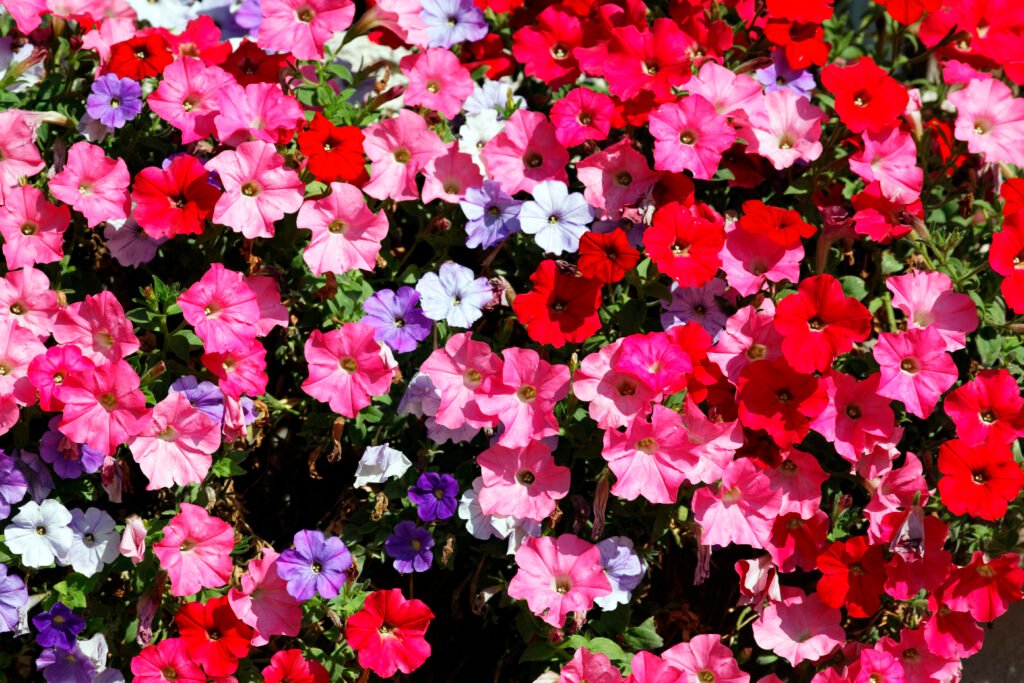
Diversity of Petunias
Petunias are known for their diversity in terms of flower colors, patterns, and shapes. They can be found in shades of pink, purple, red, white, and even bi-colored varieties. Some petunias have single blooms, while others have double or ruffled flowers, adding to their ornamental appeal.
Aside from their flower diversity, petunias also come in different growth habits, including trailing varieties that are perfect for hanging baskets and containers, as well as compact varieties that are ideal for borders and flower beds. This versatility makes petunias a popular choice for landscaping and garden design.
Cultivation and Care
When it comes to growing petunias, there are a few key factors to keep in mind. Petunias thrive in well-draining soil and prefer full sun to partial shade. They require regular watering, especially during hot and dry periods, to keep the soil evenly moist. Fertilizing petunias with a balanced fertilizer can help promote healthy growth and abundant flowering.
Deadheading, or removing spent flowers, is essential to encourage continuous blooming in petunias. This process helps redirect the plant’s energy into producing new flowers rather than setting seeds. Additionally, pruning back leggy stems and applying mulch around the base of the plant can help maintain a tidy and healthy petunia display. (Growing Aster Flowers: Tips for a Beautiful and Vibrant Garden)
Conclusion
In conclusion, petunias are delightful flowering plants that add color and charm to gardens, landscapes, and outdoor spaces. Their scientific name, Petunia, and family, Solanaceae, offer insights into their botanical classification and relationship with other plant species. With their diverse colors, shapes, and growth habits, petunias continue to be a favorite choice for gardeners looking to enhance the beauty of their surroundings.
Whether you are a seasoned gardener or a plant enthusiast, growing petunias can be a rewarding experience that allows you to appreciate the beauty and diversity of these lovely flowers. With proper care and attention, petunias can thrive and bloom abundantly, bringing joy and vibrancy to any outdoor setting.
